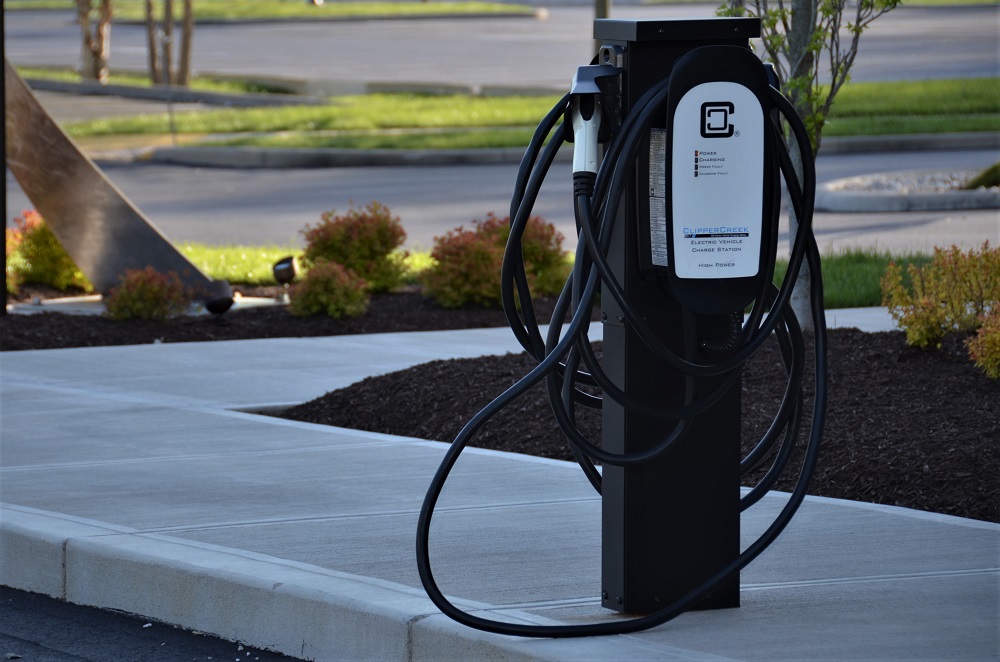By now you may have noticed that electric cars are becoming more and more popular. Not only are they better for the environment than petrol and diesel cars, but they are soon to be one of the only options, available, since the U Government has banned the sale of all petrol and diesel cars in the UK from 2030. So it’s no surprise that so many people are hopping on the bandwagon and buying them now. But what that does mean is that there is a rapidly rising demand for electric car charging points in public spaces – something that anyone who owns a non-residential building has probably noticed. The demand has been so intense that the Government actually brought in new EV charging requirements in June this year, so today we’re going to look at what they are, and how commercial spaces can handle them.
Minimum Charge Points
Up until June this year there were no UK wide legal requirements for EV charge points. Instead, there were just guidance and planning documents available if the owners of commercial properties decided to install charge points off their own backs. Many businesses did make this decision and were free to install as many charge points as they wanted.
However, there is now legislation in place for all new non-residential buildings. If there are more than 10 parking spaces on the property, then there must be a minimum of one charge point installed, along with cable routes for 20% (or 1 in 5) of the total number of spaces. This is to allow for the charging of at least one electric vehicle at a time, while ensuring there is future capacity available as electric cars become even more common. Of course, this doesn’t mean you have to only install one EV charger – the fact is you could install more than one to provide a wider range of accessibility to your customers, as well as ensuring adequate cabling for further expansion if needed. Many businesses are opting for this route as a way of future-proofing their business and preventing further disruption later down the line.
Renovation Work
If you own a non-residential building that is currently undergoing any form of major renovation work, you will also be required to install an electric car charging point. Again, this only applies if you have over 10 parking spaces on the property, and you must have a minimum of 1 charge point and the cabling for 1 in 5 spaces. This legislation is designed to ensure older buildings are retrofitted with EV changepoints while existing work is going on, as well as new buildings having them installed. The aim is to get to a point where every commercial premises has EV charge points – either through retrofitting or new construction.
Covered Car Parks
Of course, many commercial car parks will have more than 10 parking spaces, but in some cases, they will be under ‘cover’ – for example in a multi-storey. As with normal car parks, many of the owners of these covered car parks are already installing EV charge points – which is great! But the new legislation came with a small update just a few days later. The update states that developers aren’t currently compelled to install active charging points into covered car parks. Instead, they only have to fit cable routes to supply charge points in the future. This is because of a query raised during the consultation phase of the legislation, and due to a lack of research the decision was made to make an exception until more information was gathered. Independent research is being done as we speak, and we expect more formal guidance to be given shortly.
At Bonus Eventus we are passionate about the environment, which is why we created a sister brand, Bonus Eventus Charged. This allows us to provide guidance on EV car charge points, as well as full installation and maintenance. If you would like to know more about EV car charging points, or if you have questions about instating them in your commercial space, just get in touch with the team today.

